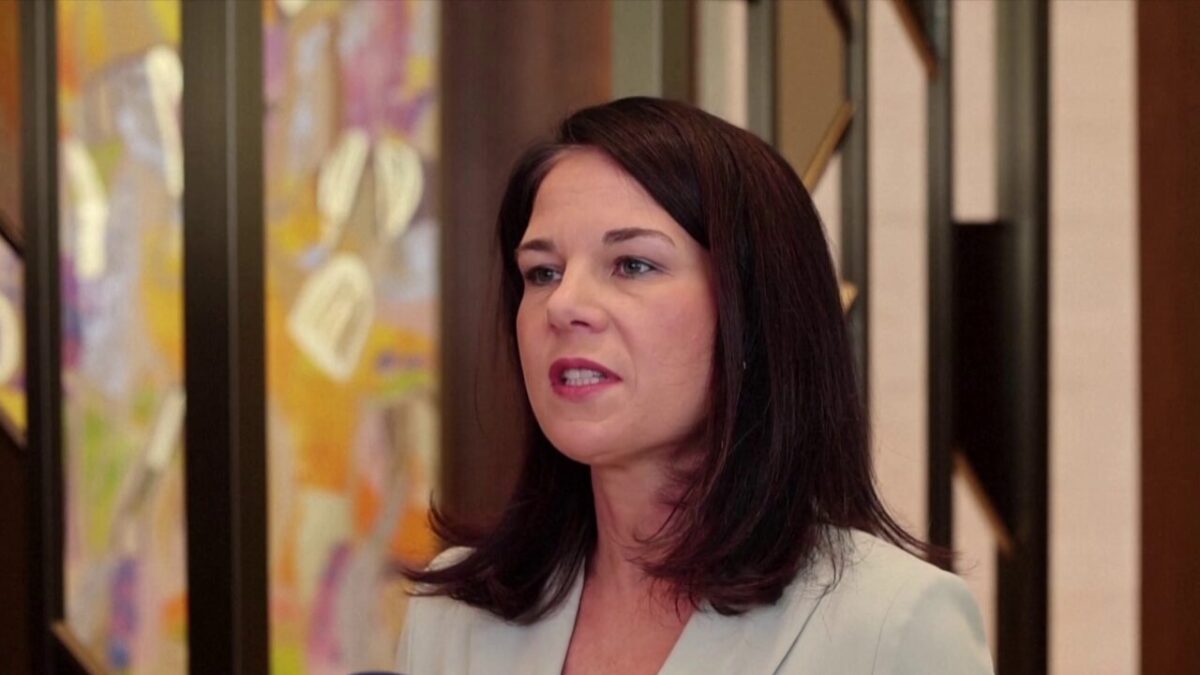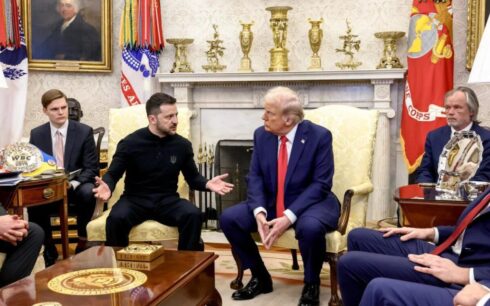RIYADH, Saudi Arabia — German Foreign Minister Annalena Baerbock emphasized on Sunday that sanctions against allies of Bashar al-Assad who “committed serious crimes” during Syria’s civil war must remain in place, as diplomats from Western and Middle Eastern countries convened in Riyadh for a landmark meeting on Syria’s future.
Baerbock arrived in the Saudi capital ahead of the meeting with Syria’s new foreign minister, Asaad Hassan Al-Shibani, marking the first regional dialogue on Syria since Assad was ousted in a surprise rebel offensive last month.
While advocating for continued sanctions on individuals linked to Assad’s regime, Baerbock proposed a “smart approach” to sanctions to ensure relief for the Syrian population. “Our goal is to balance accountability for past crimes while addressing the urgent humanitarian needs of the Syrian people,” Baerbock told reporters.
The meeting, led by Saudi Arabia, included foreign ministers from countries such as Egypt, the United Arab Emirates, Qatar, Bahrain, Iraq, Jordan, Lebanon, and Turkey, as well as envoys from the European Union and the United States.
The gathering represents the first engagement between Syria’s new leadership and senior Western officials. It comes just weeks after the Islamist group Hayat Tahrir al-Sham (HTS) spearheaded a rapid offensive that toppled Assad’s regime on December 8. HTS has since established a caretaker government, appointing Shibani as foreign minister.
The Riyadh meeting is seen as a significant step in shaping Syria’s post-Assad trajectory, with discussions expected to focus on humanitarian aid, rebuilding efforts, and strategies to stabilize the region while addressing security concerns.
Baerbock’s comments underscore the delicate balance Western leaders face in engaging with Syria’s new rulers. While many see the meeting as a chance to explore cooperation, lingering concerns about human rights violations and extremist influence in the caretaker government remain.
The outcome of the talks in Riyadh could set the tone for future relations between Syria’s emerging leadership and the international community, as stakeholders navigate a complex landscape of accountability, regional stability, and the pressing needs of millions of Syrians.





